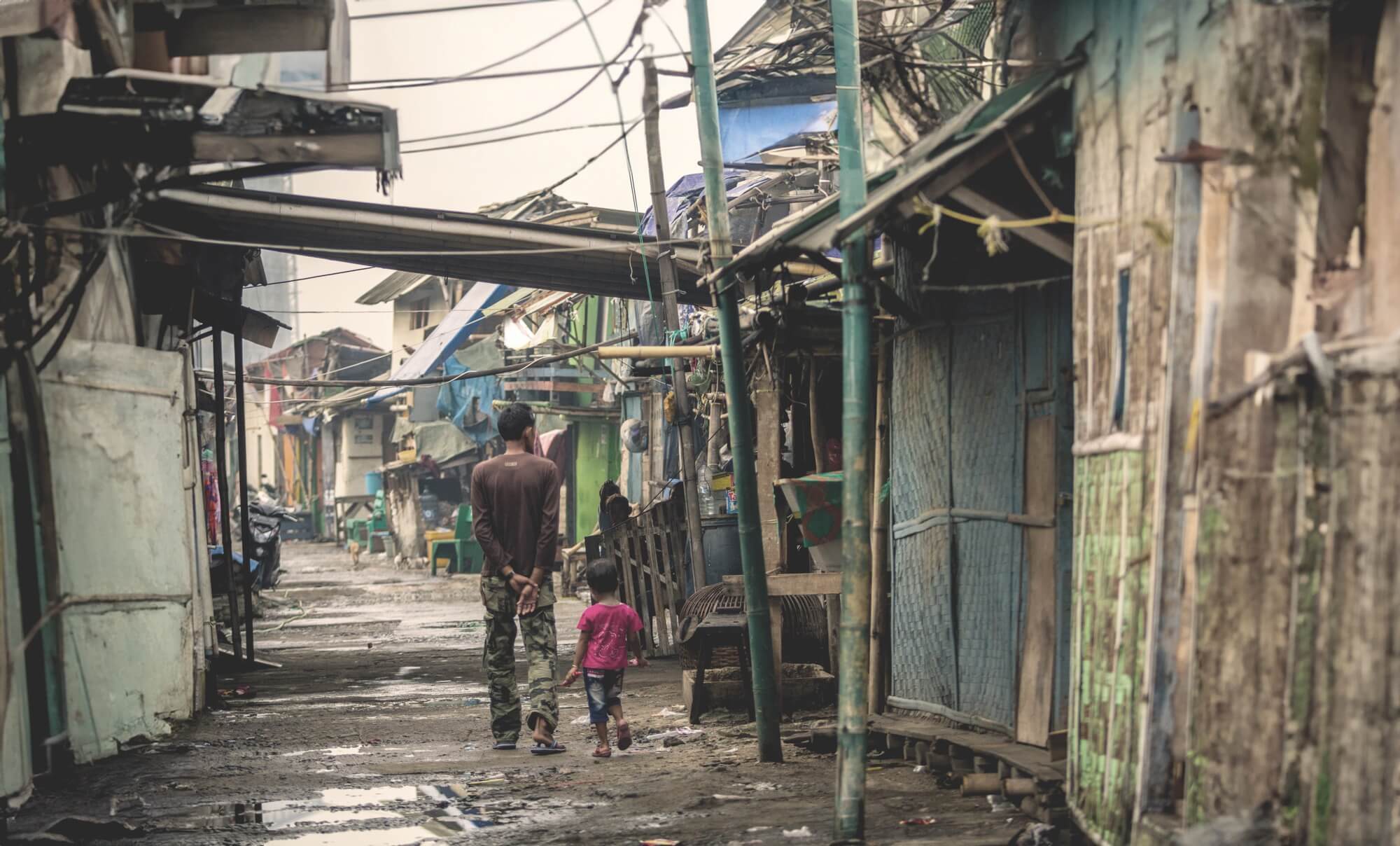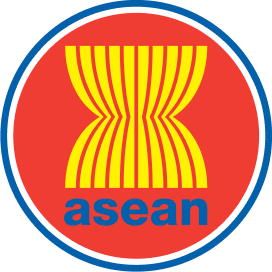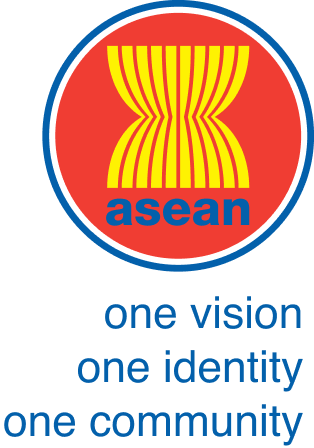In response to emerging challenges, the ASEAN Socio-Cultural Community (ASCC) has initiated the ASCC Research and Development (R&D) Platforms Programme. This initiative is designed to harness a diverse array of perspectives and insights, crucial for understanding and addressing the complex socio-economic issues facing ASEAN both now and in the future.
The programme serves as a dynamic repository of information and research, enabling ASEAN to craft and implement comprehensive solutions effectively. Through these platforms, the ASCC aims to:
- Generate a robust body of research that is deeply informed by the ASEAN context.
- Cultivate and engage a network of experts who are well-versed in regional specificities.
- Utilise forums as critical tools for peer review and enhancement of research quality, thereby elevating the expertise of participants engaged in these platforms.
The insights and recommendations produced by the ASCC R&D Platforms inform policymakers about the root causes of socio-economic challenges, guiding the development of pertinent solutions. Additionally, these platforms bolster the ASEAN Secretariat’s capacity to advise on the implementation of the ASCC Blueprint and enhance the ASCC Results Framework by providing vital data and filling existing information gaps.

The ASCC R&D Platform on Climate Change focuses on understanding and addressing the environmental challenges that affect the ASEAN region. By understanding the landscape of climate policies, and their impacts, this platform aims to inform and shape regional strategies to mitigate climate change effects, foster sustainable practices, and promote environmental resilience.

The ASCC R&D Platform on Disaster Management aims to equip ASEAN with the knowledge and tools to effectively prepare for and respond to natural disasters. This platform gathers insights from risk assessments to develop comprehensive disaster response strategies that enhance resilience and safety across ASEAN communities.

Dedicated to enhancing ASEAN's capabilities to manage and respond to public health crises, the ASCC R&D Platform on Public Health Emergencies conducts critical research on emerging health threats. Its findings support the development of policies that aim to safeguard public health and ensure rapid, coordinated responses to health emergencies.

The ASCC R&D Platform on the Future of Work explores the evolving landscape of employment amid technological advancement and changing economic conditions. This platform seeks to understand how ASEAN can adapt to and benefit from new work paradigms, ensuring economic growth and job security for its populace.

Focused on reshaping educational strategies and policies, the ASCC R&D Platform on Future of Education addresses the changing needs of learners in the ASEAN region. It evaluates the integration of technology in education, pedagogical innovations, and policy adaptations necessary to equip ASEAN's youth for the future.

The ASCC R&D Platform on Media, Culture, and Arts delves into the dynamic interplay between cultural developments and media evolution within ASEAN. This platform aims to foster a deeper understanding of how cultural expressions and media innovations can enhance social cohesion and cultural identity in a rapidly globalizing world.

Tackling the multifaceted issue of poverty, the ASCC R&D Platform on Poverty Action focuses on identifying effective strategies and interventions to reduce poverty across ASEAN. It combines research on economic policies, social programs, and sustainable development to propose actionable solutions that aim to improve livelihoods and economic opportunities for all ASEAN citizens.

The upcoming ASCC R&D Platform on the Care Economy will examine the growing importance of the care sector within ASEAN economies. It will explore the societal and economic impacts of caregiving and propose frameworks to support and integrate the care economy effectively into regional development strategies.








